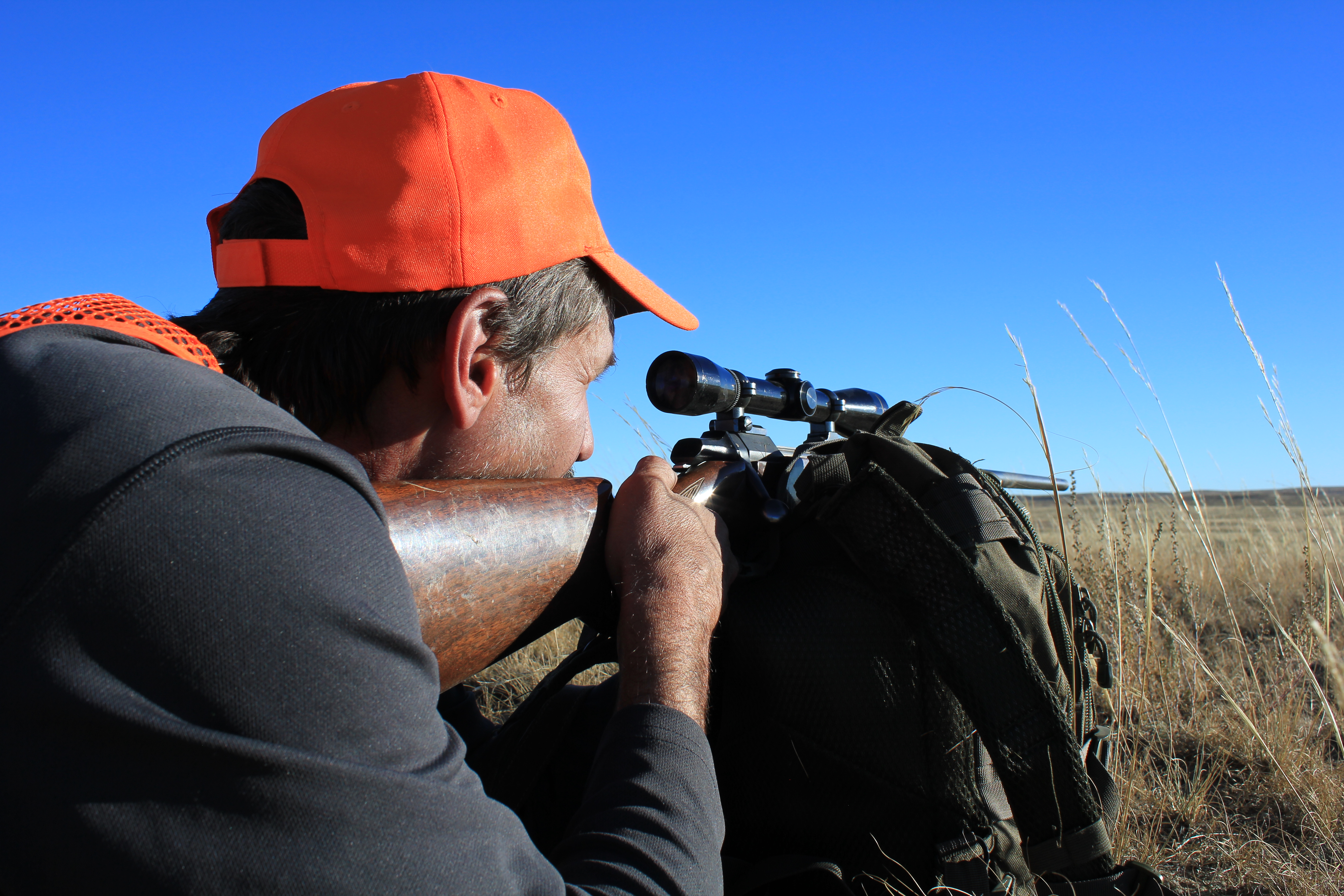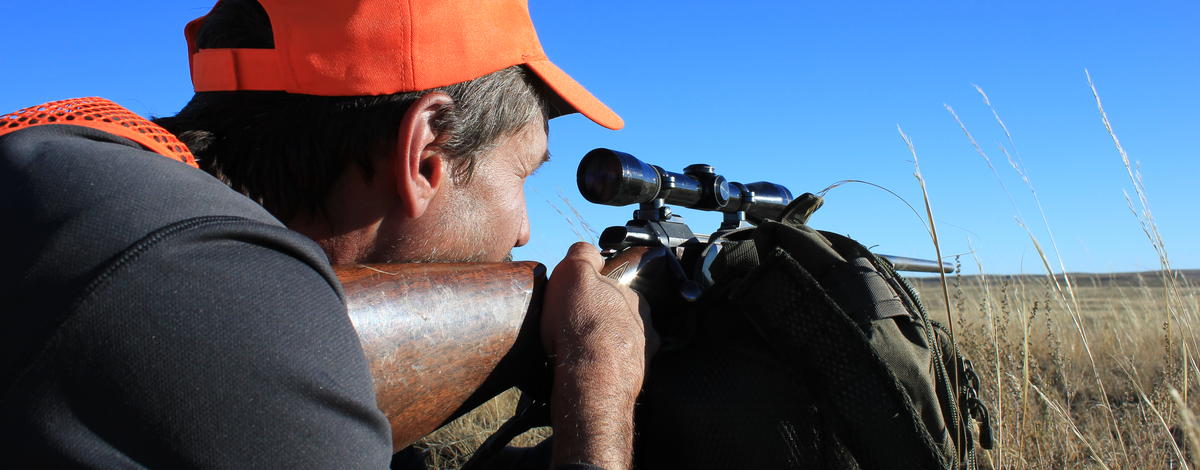
With many hunters heading outdoors with firearms, it is a good time to think about gun safety.
Some people have the mistaken impression that because firearms are used, hunting is a dangerous activity. While there is always the potential that a hunter will be involved in a firearm accident, statistics show that a hunter is far more likely to be seriously injured while driving to a hunting location than while actively hunting.
Over 200,000 people hunt in Idaho each year. Even with that many people in the field, there are typically very few, if any, hunting accidents involving firearms. Fortunately, the rare hunting accident is usually non-fatal. But even one accident is too many because every hunting accident can be prevented. Human error or inattention is what leads to firearm accidents.
In the hope that there are no firearm accidents this fall, the Idaho Department of Fish and Game offers these gun safety tips:
Treat every firearm as if it is loaded. When another person hands you a firearm, assume it is loaded even if you are told it is not. Ask anyone handing you a firearm to open the action before they hand it to you.
Always control the muzzle of your firearm. As long as the muzzle is pointed in a safe direction, nobody is likely to get hurt even if the firearm discharges unexpectedly. A safety is a mechanical device which can fail, so there is no instance where you can disregard where the muzzle is pointing simply because the safety is on.
Never touch the trigger until you are ready to shoot. Keep your fingers away from the trigger while loading or unloading. Never pull the trigger on any firearm with the safety on or anywhere in between “safe” and “fire.” Again, the gun’s safety serves as a supplement to proper gun handling but cannot serve as a substitute for common sense.
Never point a firearm at anything you do not intend to shoot. Carry and use binoculars to check out the hillside. Never look through your scope at something you cannot identify.
Be certain of your target and what is beyond it. A safe hunter never shoots at sound or movement. A safe hunter makes certain that movement or sound is a game animal that is in season before pointing a muzzle. Prior to taking a shot a hunter must check the background for other people, livestock, buildings, equipment or roads to make sure there is a safe backstop.
Mistaking a person for game is one of the most common causes of hunting accidents in Idaho, often serious or fatal. One way to make sure every other person in the field can clearly identify you is by wearing hunter orange. While recommended for safety for those on both sides of the gun, Idaho is one of few states where hunter orange is not required, except for hunters on wildlife management areas where pheasants are stocked during the pheasant season. A hunter orange hat meets this requirement.
Be sure the barrel is clear of obstructions before shooting. Make a habit to check your barrel often. Even a small bit of mud, snow, excess lubricating oil or grease in the bore can cause the barrel to bulge or worse - explode.
The same can happen by placing a smaller gauge or caliber cartridge into a gun, such as a 20-gauge shell in a 12-gauge shotgun. This can result in the smaller cartridge acting as an obstruction when a cartridge of proper size is fired. Always pay close attention to each cartridge you insert into your firearm and only carry the correct ammunition for the gun you’re carrying.
Never cross a fence, climb a tree or perform any awkward action with a loaded gun. There will be times when common sense and the basic rules of firearms safety will require you to unload your gun for maximum safety. Never pull or push a loaded firearm toward yourself or another person.
Store firearms and ammunition separately. While most gun owners consider this most of the year, many leave guns and ammunition in their vehicles during the hunting season. It goes without saying firearms should be unloaded for safety when in the vehicle. Ammunition should always be inaccessible to children.
Alcohol and guns don’t mix. If there is alcohol in your hunting camp, make certain all firearms are put away before the alcohol comes out. Showing your hunting partner grandpa’s old rifle after you have a few beers can lead to a tragic mistake.
Don’t be timid when it comes to gun safety. Don’t hesitate to let your hunting partners know when you think they are putting themselves or others at risk. Gun safety starts with you.

